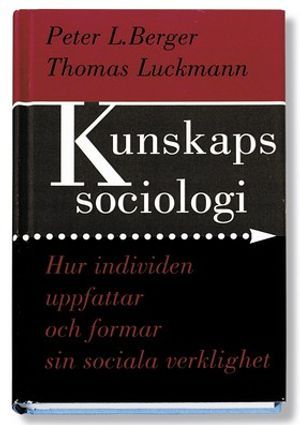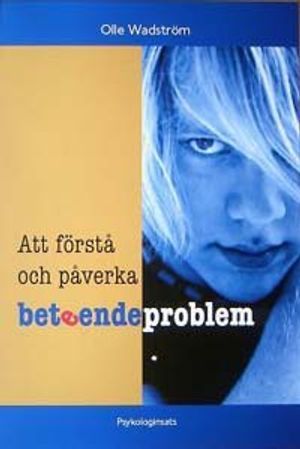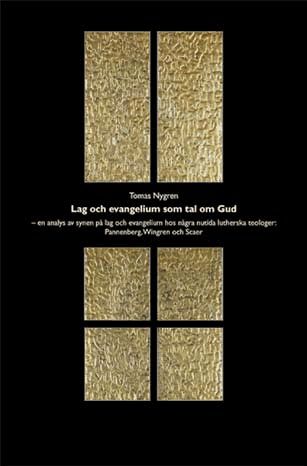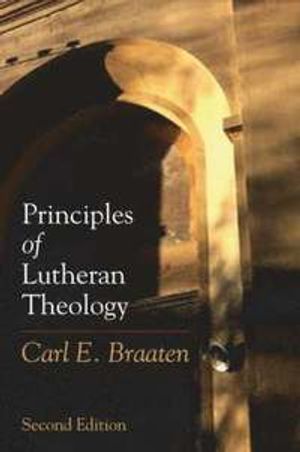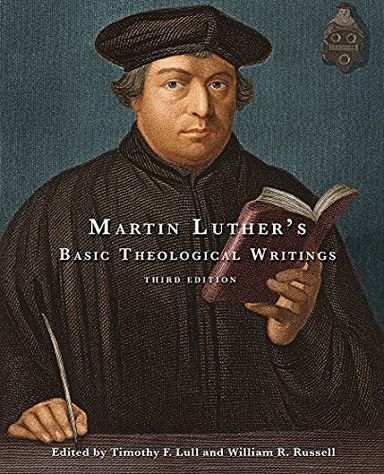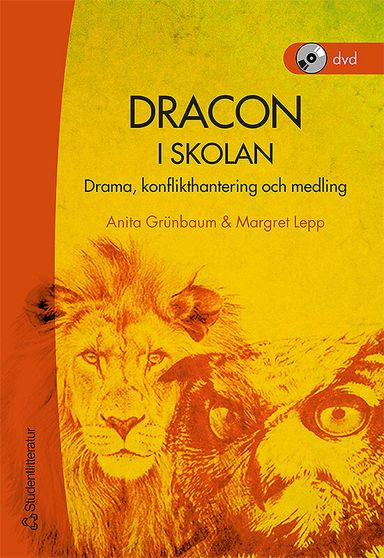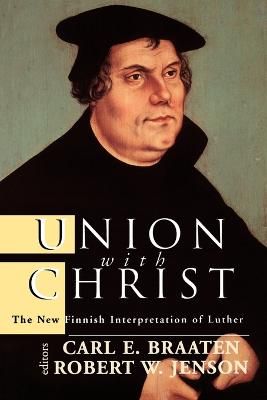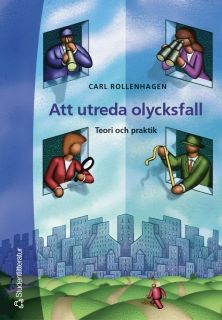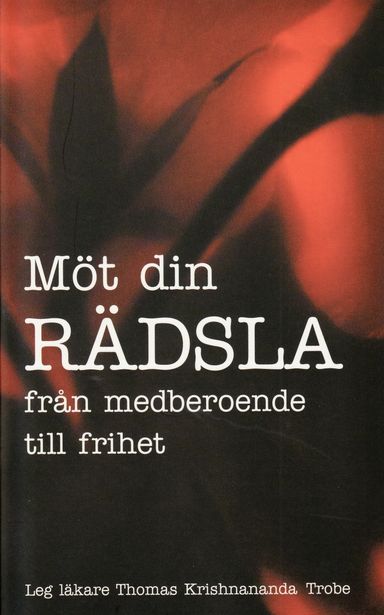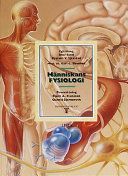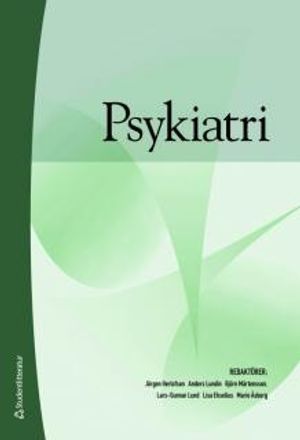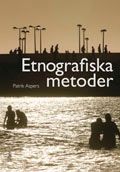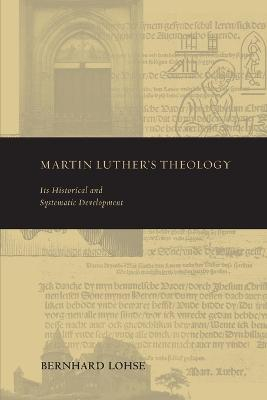

Martin Luther's Theology
- Utgiven: 2011
- ISBN: 9780800698362
- Sidor: 412 st
- Förlag: Fortress Press,U.S.
- Format: Häftad
- Språk: Engelska
Om boken
The theology of the great reformer Martin Luther is the foundation of all theological expressions deriving from the Reformation. That Luther's theology is so powerful is attested by its continuing impact on Lutherans and non-Lutherans alike, including the most influential theologian of the 20th century Karl Barth who borrowed from and quoted Luther more than any other theologian.
But Luther's theology was formed in the crucible of persecution by the Roman Catholic church and in the great and intellectually rigorous tradition of scholasticism. Yet, Luther's theology due to its lack of systematic expression is often understood as overly "black & white" or accused of contradiction. However, such accusations forget Luther's training as a logician (just ask Erasmus) and miss the power, consistency, and coherence of Luther's thought.
In Martin Luther's Theology: Its Historical and Systematic Development BernHard Lohse presents the theology of the Reformation's seminal thinker and personality. His work is comprised of three major sections:
1. Introduction
Here Lohse examines methodological issues concerning the possibility of describing Luther's theology, while also noting Luther's historical context both individually and socially on a broad level.
2. Luther's Theology in its Historical Development
In this section Lohse follows Luther's development chronologically beginning with Luther's interaction with The Sentences of Peter Lombard and through his "discovery" sometime during1515-1518. He then examines Luther's engagement with Cajetan, Eck, the Pope, Radical Reformers, Erasmus, Zwingli, and others in relation to the major theological issues raised by these and other interlocutors.
3. Luther's Theology in its Systematic Context
The primary concen in this section is to demonstrate the internal coherence of Luther's theology across a wide spectrum of theological issues. Lohse argument suggests that we to understand Luther we must begin with the Reformation creed Sola Scriptura and then understand Luther's theology built from that point upwards. In addition to traditional points of emphasis such as Justification or the Eucharist, Lohse examines Reason & Faith, Ontology, Eschatology and several other major theological areas.
This study is a fully comprehensive presentation of the development and nature of Luther's intellectual training, output, and life. It is a foundational text for anyone interested in the reformer and his theology, and will make an accessible, clear, and provides cutting edge scholarship for scholars and students.
Åtkomstkoder och digitalt tilläggsmaterial garanteras inte med begagnade böcker
Mer om Martin Luther's Theology (2011)
I mars 2011 släpptes boken Martin Luther's Theology skriven av Bernhard Lohse. Den är skriven på engelska och består av 412 sidor. Förlaget bakom boken är Fortress Press, U.S..
Köp boken Martin Luther's Theology på Studentapan och spara uppåt 20% jämfört med lägsta nypris hos bokhandeln.
Referera till Martin Luther's Theology
Harvard
Lohse, B. (2011). Martin Luther’s Theology. Fortress Press,U.S.
Oxford
Lohse, Bernhard, Martin Luther’s Theology (Fortress Press,U.S., 2011).
APA
Lohse, B. (2011). Martin Luther’s Theology. Fortress Press,U.S.
Vancouver
Lohse B. Martin Luther’s Theology. Fortress Press,U.S.; 2011.

